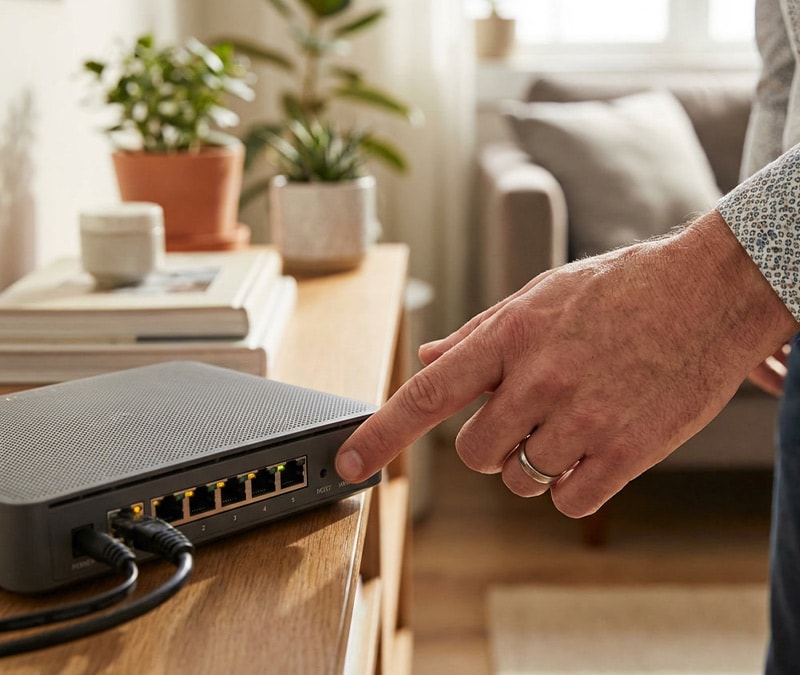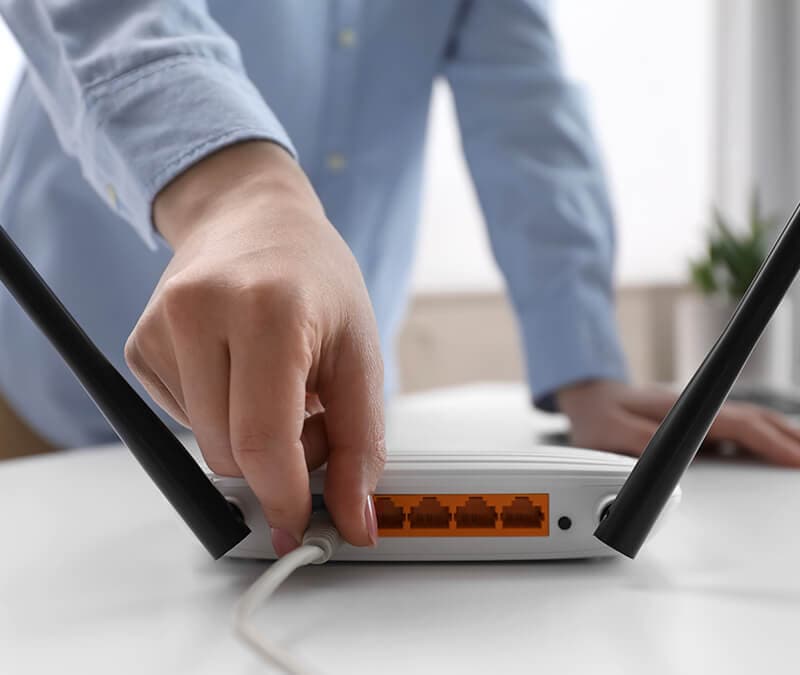What is VoIP?
VoIP is an acronym for voice over Internet Protocol. That means any phone call that takes place over the Internet, rather than on landlines or through mobile towers. This alternative to traditional...

VoIP is an acronym for “voice over Internet Protocol.” That means any phone call that takes place over the Internet, rather than on landlines or through mobile towers. This alternative to traditional phone calls is gaining in popularity exponentially with both companies and consumers. Skype, Google Voice, and FaceTime are well- known and extremely popular examples of Internet telephony services. The question is: Are phone calls made over the Internet vulnerable to standard online security risks? The answer is yes, as is any other information transmitted this way, especially in light of recent hacks to VoIP apps. Read on to find out how to secure your VoIP calls.
VoIP is an acronym for “voice over Internet Protocol.” That means any phone call that takes place over the Internet, rather than on landlines or through mobile towers. This alternative to traditional phone calls is gaining in popularity exponentially with both companies and consumers. Skype, Google Voice, and FaceTime are well- known and extremely popular examples of Internet telephony services. The question is: Are phone calls made over the Internet vulnerable to standard online security risks? The answer is yes, as is any other information transmitted this way, especially in light of recent hacks to VoIP apps. Read on to find out how to secure your VoIP calls.
Security Concerns with VoIP and Similar Services
As with any communication that takes place over the Internet, there are security risks particular to this communication method. However, like all other business you transact on the Internet, some simple, common-sense precautions will go a long way toward keeping your personal information and connections secure and private:
- When using any kind of VoIP or similar method of making phone calls, make sure you keep your application software up to date. Often hackers use known exploits in the system to access your information, so it’s important to keep the client itself updated.
- It’s equally important to keep your operating system and Internet security suite updated. These are two of the main points of entry for potential hackers.
- Securing your wireless network is especially important when using VoIP, because a lot of times your phone is going directly through your router. Having a more secure router is one way to foil any potential attacks against your VoIP system. Use strong passwords to log in to messaging systems. One of the simplest ways that your account can become compromised is by using a weak password.
- Consider using a VPN to secure your Internet connection. Norton VPN is a virtual private network app that secures all the information that is sent or received on your network.
Remember that when you’re using the Internet, the best thing that you can do is become a harder target than the next guy. By exercising some common-sense precautions, you can make hackers look for easier targets, protecting you and your family.

Your device may not be secure.
Public Wi-Fi isn’t always safe. Without the right protection, your personal information could become public. Protect yourself with Norton VPN. It encrypts the personal information you send and receive on public Wi-Fi to help keep it private wherever you want to log on.
Help protect your information with Norton VPN.
Editorial note: Our articles provide educational information for you. Our offerings may not cover or protect against every type of crime, fraud, or threat we write about. Our goal is to increase awareness about Cyber Safety. Please review complete Terms during enrollment or setup. Remember that no one can prevent all identity theft or cybercrime, and that LifeLock does not monitor all transactions at all businesses. The Norton and LifeLock brands are part of Gen Digital Inc.





Want more?
Follow us for all the latest news, tips, and updates.